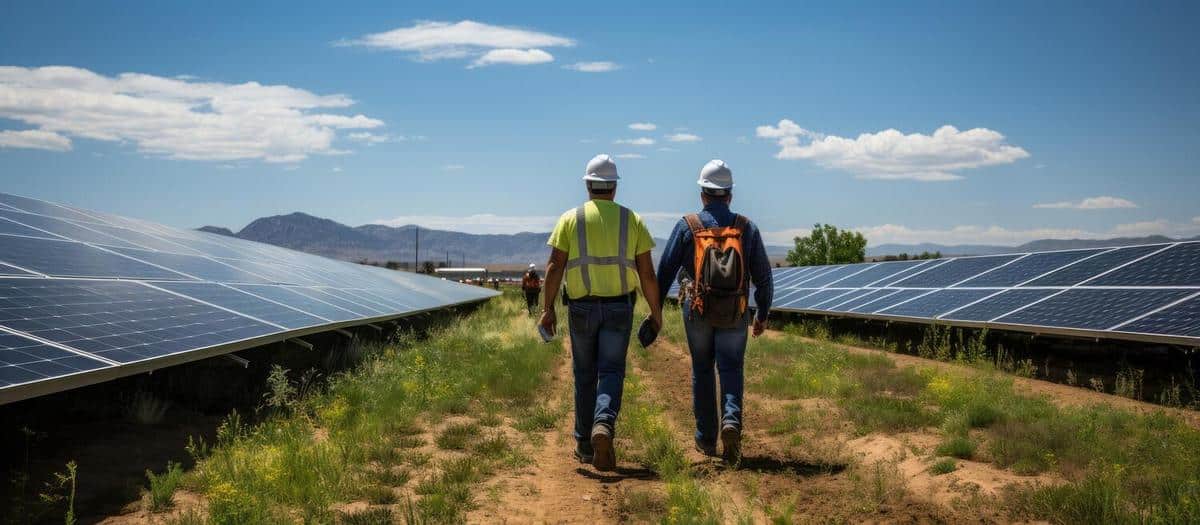
The Impact of Renewable Energy on Global Energy Security
As the world grapples with the dual challenges of energy demand and climate change, renewable energy emerges as a beacon of hope, promising not only environmental benefits but also enhanced global energy security.
Renewable energy, encompassing sources like solar, wind, and hydroelectric power, has become central to discussions on energy security. Its role in reducing dependence on fossil fuels and fostering sustainable energy systems is increasingly recognized.
The Promise of Renewable Energy
Renewable energy offers a pathway to diversify energy sources, thus enhancing energy security. By reducing reliance on imported fuels, countries can mitigate risks associated with geopolitical tensions and fluctuating global markets. According to the International Energy Agency, renewable energy could account for nearly 90% of the increase in total power capacity globally through 2025, underscoring its growing significance.
Expert Insights
Dr. Fatih Birol, Executive Director of the International Energy Agency, states, “The accelerated deployment of renewables is essential for achieving energy security and meeting global climate goals.” This highlights the dual role renewables play in both securing energy supply and addressing climate change.
Statistics and Research Findings
Recent studies indicate that renewable energy investments reached a record $500 billion in 2020, demonstrating a robust commitment to sustainable energy solutions. Additionally, countries like Germany and Denmark generate over 40% of their electricity from renewables, setting a benchmark for others to follow.
Real-World Examples
Take, for example, the case of Costa Rica, which has achieved nearly 100% renewable energy generation for several years, showcasing the potential of renewables to ensure energy security and sustainability.
Actionable Tips for Individuals and Businesses
- Invest in solar panels for your home or business to reduce electricity costs and contribute to energy security.
- Support policies and initiatives that promote renewable energy development.
- Stay informed about renewable energy options available in your area.
Comparing Renewable and Non-Renewable Energy
| Aspect | Renewable Energy | Non-Renewable Energy |
|---|---|---|
| Environmental Impact | Low emissions, sustainable | High emissions, finite resources |
| Cost Stability | Decreasing costs | Volatile prices |
| Supply Security | Locally available | Dependent on imports |
| Job Creation | Growing sector | Declining opportunities |
| Technology Advancement | Rapid innovation | Slower development |
| Initial Investment | High but decreasing | Varies |
| Energy Independence | Promotes independence | Increases dependence |
| Policy Support | Growing incentives | Declining subsidies |
FAQs
How do renewables improve energy security?
By reducing dependence on imported fossil fuels, renewables enhance energy autonomy and stability.
What are the economic benefits of renewable energy?
Renewables create jobs, reduce energy costs, and stimulate technological innovation.
Can renewable energy fully replace fossil fuels?
While challenging, a gradual transition with supportive policies and innovation can achieve this over time.
Conclusion
In conclusion, the shift towards renewable energy is pivotal for enhancing global energy security. It offers a sustainable pathway to meet energy demands while addressing environmental concerns. By embracing this transition, we can secure a cleaner, more stable energy future.


